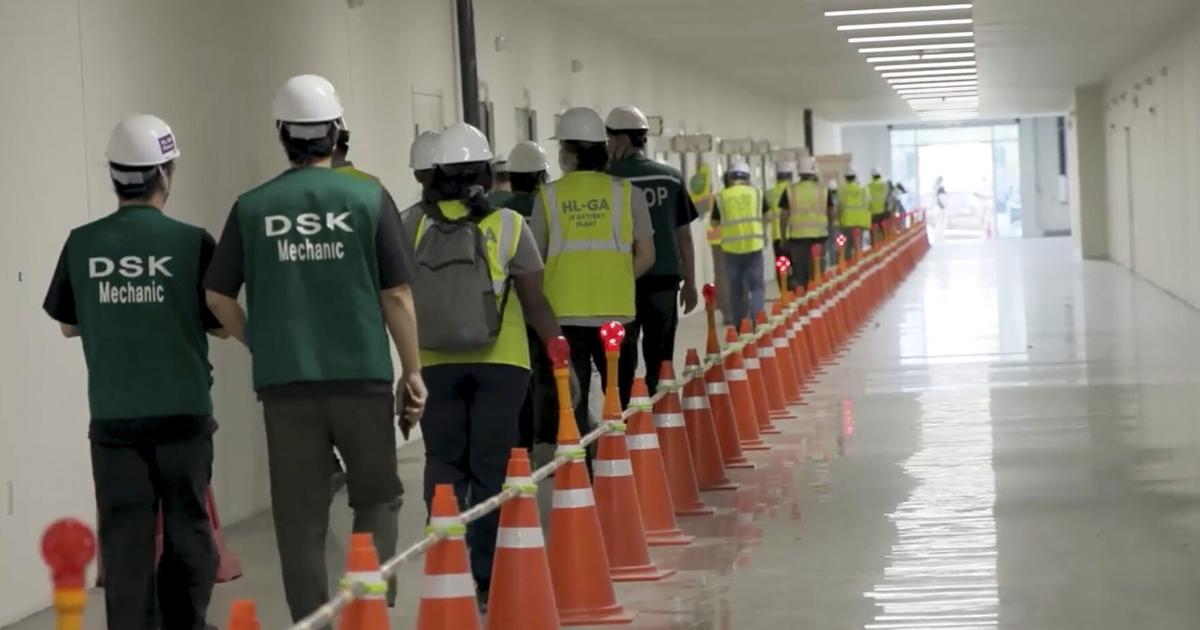
Immigration Raid at Hyundai Plant Sparks Community Crisis in Southeast Georgia
In the aftermath of a significant immigration enforcement operation at a Hyundai manufacturing facility in southeast Georgia, community organizations are experiencing an overwhelming surge in distress calls from affected families. The raid, which resulted in the detention of nearly 500 workers, has left many seeking immediate assistance. Rosie Harrison, the executive director of the non-profit organization Grow Initiative, reports that her organization has seen an unprecedented spike in requests for help.
“The phones are ringing non-stop with families in crisis,” Harrison stated. “We are working diligently to address the needs of our community, but the demand simply continues to rise.” Grow Initiative aims to assist low-income families—both immigrant and non-immigrant—by connecting them with essential resources, including food, housing, and educational services. The organization plays a critical role in the region, providing a lifeline to families struggling with the impacts of economic instability exacerbated by sudden job losses linked to the immigration raid.
This enforcement action has raised concerns not only for those directly affected but also for the broader immigrant community in the area. Families are now living in heightened fear of raids, with many individuals feeling isolated and uncertain about their future. Harrison emphasizes that the scope of their outreach has expanded significantly, as families seek guidance on legal representation, financial support, and emotional counseling amid an atmosphere of anxiety and insecurity.
Local community leaders and immigration advocates are calling for a more humane approach to immigration policy, highlighting the disruptive nature of such raids on families and local economies. These actions affect not only the individuals apprehended but also the fabric of the community as a whole. As some affected families scramble to find alternative employment, questions arise regarding economic stability in the region and the ethical implications of aggressive immigration enforcement tactics.
In light of this situation, organizations like Grow Initiative are doubling down on their efforts to provide immediate support services while also advocating for policy changes that foster a more inclusive environment for all residents. With ongoing discussions about immigration reform at the national level, the urgency of addressing these issues remains paramount, as families facing uncertainty now look toward local organizations for both relief and hope.
As this situation continues to unfold, it serves as a reminder of the significant human impact behind immigration policies and the role of community organizations in addressing urgent social needs.


